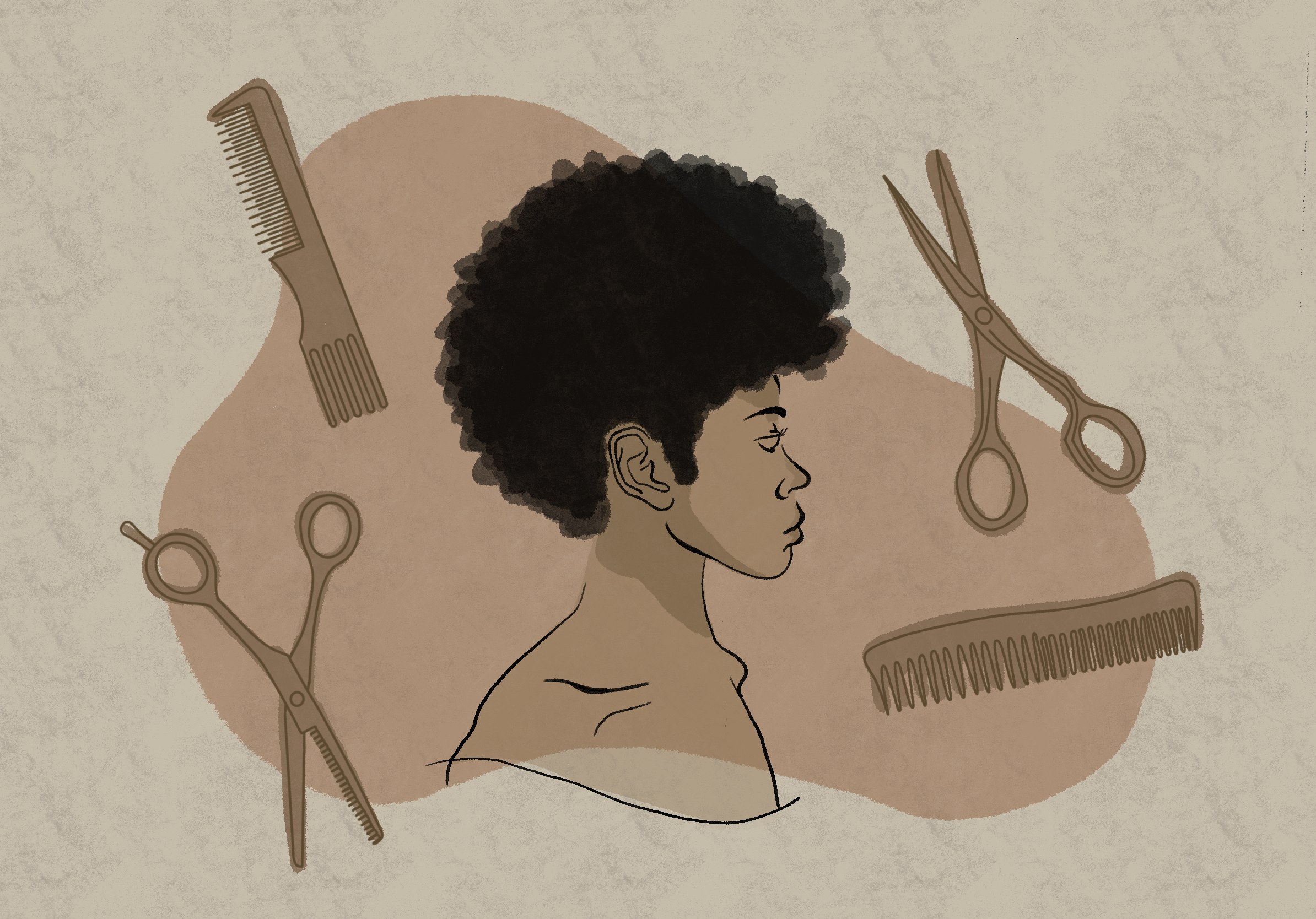Racial segregation of Black people continues, and it’s in the hair salons
From more than 200 years of slavery in Canada, to the racial segregation in schools, employment, housing, healthcare, and more, the Black community continues to be segregated today. Racial inequality has become an important and prevalent discussion in our current political climate. One instance that racism can still be seen in contemporary Canada is through beauty standards, and we must address this.
Our premier denies systemic racism’s existence here in Quebec; however, this is highly questionable. Systemic racism refers to the ways and ideas that perpetuate white supremacy. Suppose systemic racism didn’t exist in our province — why then, for example, are Black women required to go to different hair salons specializing in coily, kinky, and natural hair because they can’t be properly serviced at “regular” hair salons?
Five months ago, Nancy Falaise, a hairdresser who owns a salon in Plateau Mont-Royal, started a petition demanding change. In her petition, she insists that the Ministry of Education and Higher Education revisit the Hairstyling Program Standards of Quebec and mandate that all hairstyling institutions include the education and training on Black textured hair. Let’s normalize all hair types and put an end to the disparity found in hair salons.
This is strongly discriminatory, and evidence that there’s still racial segregation in our modern day. It is not fair that someone like me, with type one (straight) hair, can walk freely into any hair salon and get service, whereas Black women with their natural hair have to go to specific hair salons. When did we normalize this kind of everyday-segregation?
Isabelle Joseph , who works in the beauty industry, notices the stigma around Black hair. She says women often enter the store and buy products that different hair stylists recommend but are damaging for their hair type. Joseph emphasizes that even at her job, they don’t get training for her hair type.
“You cannot call yourself a hairdresser or a hairstylist if you have no ounce of knowledge about hair types that are not the typical hair type,” stated Joseph.
She said that anyone who works in a hair salon who can’t work on Black hair should not advertise themselves as a hairstylist. Instead, she suggests hairstylists claim they are specialists in straight hair or even loose curls.
“You can’t claim that term because you are excluding us,” points out Joseph.
Joseph explains that by saying you’re a hairstylist, without even considering a whole group of people whose hair you can’t work on, is problematic.
“It’s really frustrating for me. I live outside of Montreal, and if I want to get my hair professionally done, I would have to drive an hour, whereas women with any other hair type can easily walk in any salon,” said Reyanne Desir, who has tight, corkscrew-like curls (type 3C).
“I don’t bother going to any hair salons because I don’t trust hairdressers to touch my hair if they don’t know anything about my hair type,” shared Elisabeth Ndeffo.
The stigma and discrimination around Black hair in beauty salons is unjustifiable. Black women should have the same opportunity and equal treatment as all the others with type one to two (straight to wavy) hair regardless of their natural hair type. The Black community has long faced injustice, and it’s time we take action and address all the areas where they continue to face discrimination.
Graphic by @the.beta.lab
